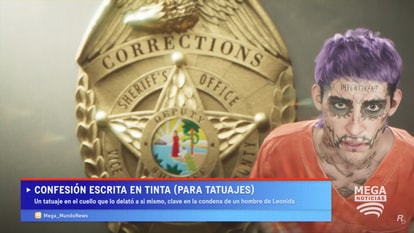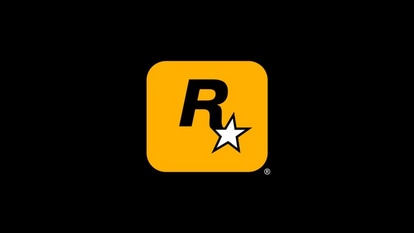Anonymous no more
Social networks are forcing users to reveal their real identities online, netizens outraged
Creating and maintaining an anonymous profile on the World Wide Web is becoming increasingly difficult. Facebook, Google Plus, MySpace and a few other social networking sites already "urge users to use real names" while creating profiles online. Last week, YouTube too hopped on to the bandwagon in what it says is an attempt "to clean up abusive comments" that the popular video sharing platform is notorious for. Their reasoning — not many people would leave an awful comment on a video or defame another user via their profile if they had to use their real name instead of an alias. While there is some logic in this, millions of netizens in India and abroad who prefer to keep their real and virtual identities separate, have been inconvenienced by the move.
Keeping tabs
"Internet censorship has gone up so much recently. So much so that governments are now starting to put pressure on social networking giants to grant them access (to insider information) in order to keep watch on what their citizens do online and curb cyber crime. Obviously, the social network bosses, in turn, will try to keep things clean on their platforms and insist that people use their real names in a bid to clamp down on illegal activities," says cyber crime student Varsha Jain, 22. The websites also feel that a real name policy plays to the widely accepted notion that identity adds accountability, thereby keeping out spammers and stalkers.
But while Facebook still has a pretty strict real names policy, Google Plus, who initially insisted that users create profiles with only their real names, later relaxed their policy to include nicknames this year. However, pseudonyms are still not allowed. A statement put out said, "The vast majority of users sail through our sign-up process — in fact, only about 0.1 per cent submit name (change) appeals". And the change of rules was confirmed with the line that users taking advantage of the new policy "might have to provide scanned official documentation" or "proof of an established identity online with a meaningful following."
One-off case?
While all acknowledge that there might be cases where it isn't possible to reveal one's identity online (like during the Egypt protests last year when people took to social networks to organise rallies against the president Mubarak's regime), they claim those are exceptions rather than the rule. So what happens to those who create an online identity purely to escape their real-life one and with no ulterior motive?
"That is the problem. Earlier, people could create profiles to get over inhibitions they had in the real world, flirt and make friends with strangers or even post updates without thinking. Now, they can no longer live vicariously via their pseudo identity online," says Gaurang Shah, 32, a stockbroker.
While several are taking to creating fake email IDs only for the sake of virtual identities, others are upping their privacy settings to keep personal information out of the public space. Social media analyst Moksh Juneja says, "If someone has malicious intentions, they will find you anyway. If you want to avoid these situations, please be very selective in what information you are sharing on social networks as well as your phone (especially Android), which syncs your phonebook to social networks."
Controversy courted
* In early 2011, Facebook kicked out Chinese political blogger Zhao Jing for creating an account under his pen name, Michael Anti.
* Celebrated writer Salman Rushdie got into a tiff with Facebook in November last year after the social networking giant insisted that he use his first name, Ahmed, on his profile. Although it is a name he never used, Facebook, thanks to its strict real names policy, automatically changed his page to read 'Ahmed Rushdie'.
* In March 2012, Facebook enraged Assam's small ethnic tribal community Chutia, when it blocked thousands of accounts belonging to its members. The word happens to be a Hindi expletive as well, but tribe members were miffed as Facebook moderators had not bothered to dig deeper to find out that it was also a surname used in the region.
Who else insists?
* New York Times encourages readers to use real names. It gives such commentors "trusted status". This enables them to post without an editor's review.
* Over four lakh websites use Facebook's free login service. This ties users with their original profile.
* Some online forums have started asking people to display their first and last names.
Catch all the Latest Tech News, Mobile News, Laptop News, Gaming news, Wearables News , How To News, also keep up with us on Whatsapp channel,Twitter, Facebook, Google News, and Instagram. For our latest videos, subscribe to our YouTube channel.






































